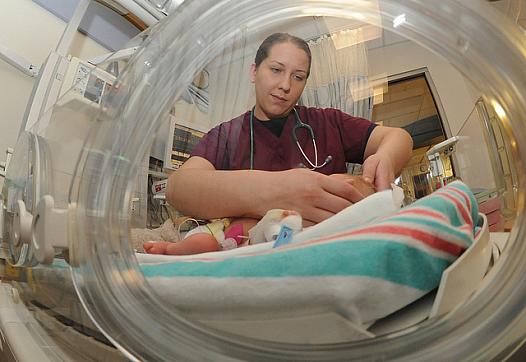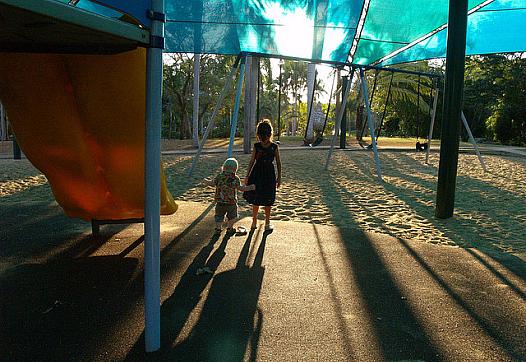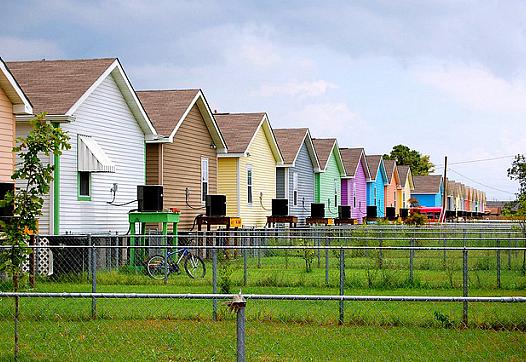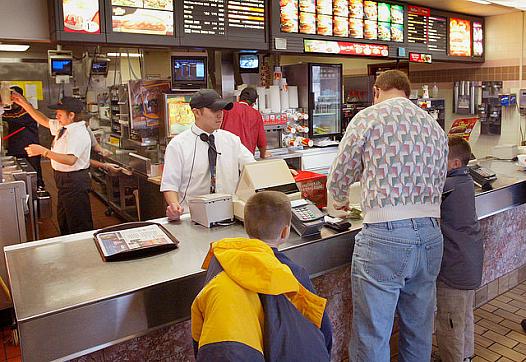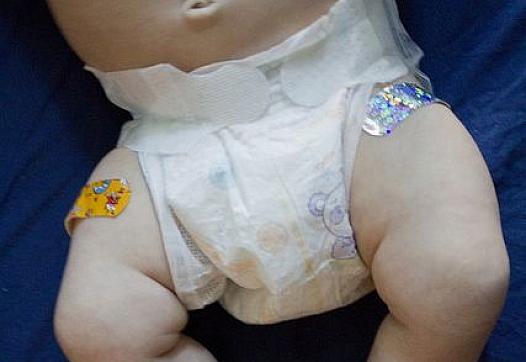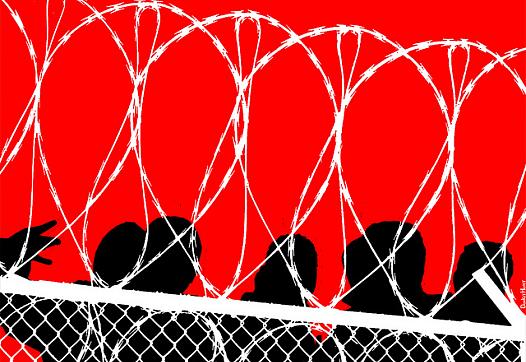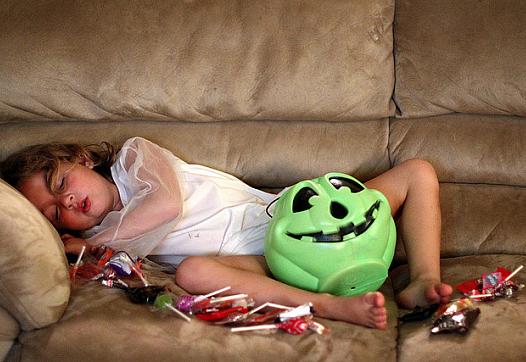
Just in time for Halloween, a frightful new study lends further support to the idea that calories from sugar are more likely to worsen metabolic health. This comes close on the heels of news reports that Mexico's 2013 tax on soft drinks has lowered soda sales there.

